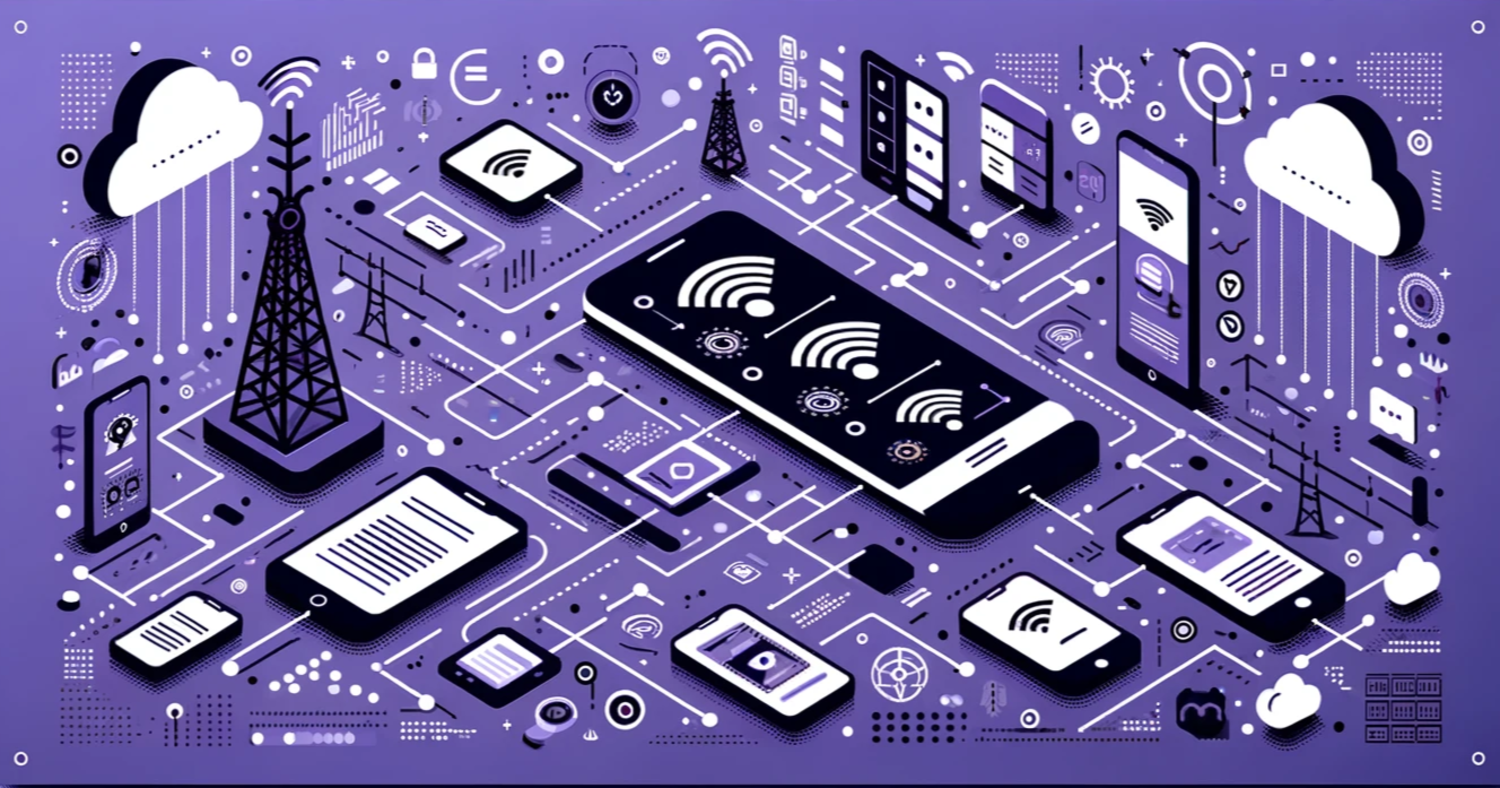Project
Project Description
Digital technologies offer significant potential for the urgently needed global transformation towards sustainability. However, the ICT sector itself is responsible for approximately 2% to 6% of the worldwide CO2e emissions, consumes large amounts of resources, and generates several million tons of waste annually in Europe alone. Both hardware and software play a significant role in this, and one of the major current challenges is the development of sustainable software. There is a lack of ways to transparently and comparably assess the actual energy and resource consumption of digital solutions.
Addressing this challenge, the BMWK-funded project ECO: DIGIT comes into play. ECO: DIGIT is a collaborative project involving adesso SE, Siemens, the Open Source Business Alliance (OSBA), the Öko-Institute, and the Gesellschaft für Informatik (GI). Its aim is to develop an automated assessment environment (test bench) that provides transparent metrics and data on resource consumption and CO2e emissions of software applications. This includes the development of an assessment method to identify significant environmental impacts and define suitable indicators for their measurement. These indicators include, for example, the power consumption of the working environment, the use of hardware resources, and other factors such as the quantity of raw materials and chemicals used in hardware manufacturing. The developed methods are intended to make the environmental impacts of various contemporary software applications in operation comparable in the four deployment scenarios: cloud platforms, mobile networks, mobile devices, and edge computing.
ECO:DIGIT is not only an innovation project but a step towards sustainable software development. The test bench promises transparency and comparability, contributes to ecological transformation, and strengthens Germany's position in the global competition for sustainable technology solutions.
Project Objectives
Comprehensive Measurement Objectives
The goal of ECO:DIGIT is the development of an objective measurement methodology and its implementation in a universally applicable test bench develop that captures the energy and resource consumption of distributed digital solutions. The test bench should enable developers and decision-makers to derive robust recommendations from direct measurements and the comparison of implementation options.
Diverse Deployment Scenarios
The project considers various contemporary software applications in operation in the following four deployment scenarios: cloud platforms, mobile networks, end devices, and edge computing.
Standardization
Another objective of ECO:DIGIT is to develop a standard for the methodology for assessing the environmental impacts of digital technologies. This methodology should be introduced into various standardization committees, processes, and initiatives to make a significant contribution to promoting sustainable software development.

Cloud Computing

Mobile End Devices

Mobile Networks

Mobile Networks

